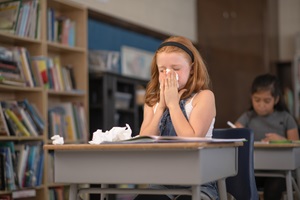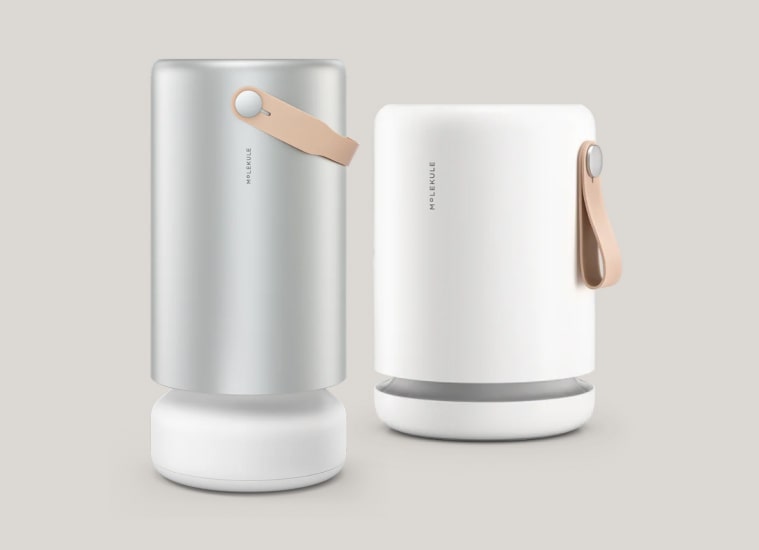Protecting Your Child from Allergies at School: Practical Tips for Parents

For many parents, sending a child to school during allergy season can be stressful. Allergies to pollen, dust mites, pet dander, or certain foods can disrupt your child’s learning and daily routine. Understanding the risks and knowing how to manage symptoms effectively can make a huge difference. In Ventura, CA, families rely on expert allergists to help identify triggers and develop strategies that keep children safe and healthy throughout the school day.
Recognizing Allergy Symptoms in Children
Children may not always communicate their discomfort, so parents and teachers need to be alert to common signs of allergic reactions:
- Sneezing, runny or stuffy nose
- Itchy, watery, or red eyes
- Coughing or wheezing
- Skin rashes or hives
- Fatigue or irritability
If your child experiences any of these symptoms consistently at school, it’s important to consult with a local allergist for testing and guidance.
Tips for Managing Allergies at School
1. Create an Allergy Action Plan
Work with your child’s doctor to develop a written plan that outlines:
- Known allergens
- Symptoms to watch for
- Medications and dosing instructions
- Emergency contact information
Provide a copy to your child’s teacher, school nurse, and administrators so everyone is informed and prepared.
2. Communicate with the School Staff
Make sure teachers and staff know your child’s allergies. Discuss seating arrangements away from windows or areas with dust or pollen exposure and ensure quick access to medications like antihistamines or inhalers.
3. Teach Your Child Self-Care Strategies
Older children can learn to:
- Wash hands regularly
- Avoid touching their eyes and face
- Recognize early symptoms and notify a teacher immediately
4. Monitor Food Allergies Carefully
If your child has food allergies, check school lunch menus and discuss safe meal options with cafeteria staff. Consider sending snacks from home that are allergen-free.
5. Keep Medications Accessible
Ensure your child has access to prescribed medications, including epinephrine auto-injectors, if needed. Make sure both your child and school staff know how to use them in emergencies.
When to Seek Professional Help
If your child experiences severe reactions, frequent asthma attacks, or uncontrolled allergy symptoms despite preventive measures, schedule a consultation with an allergist. In Ventura, CA, the Allergy, Asthma, & Immunology Medical Group provides comprehensive testing and treatment plans tailored for children to ensure a safe school experience.
Keeping Your Child Safe at School
Allergies don’t have to prevent your child from enjoying school. With careful planning, communication, and professional guidance, parents can protect their children from allergens and help them thrive in the classroom.
Contact Allergy, Asthma, and Immunology Medical Group in Ventura, CA, today to schedule a pediatric allergy consultation and create a personalized plan for your child.




